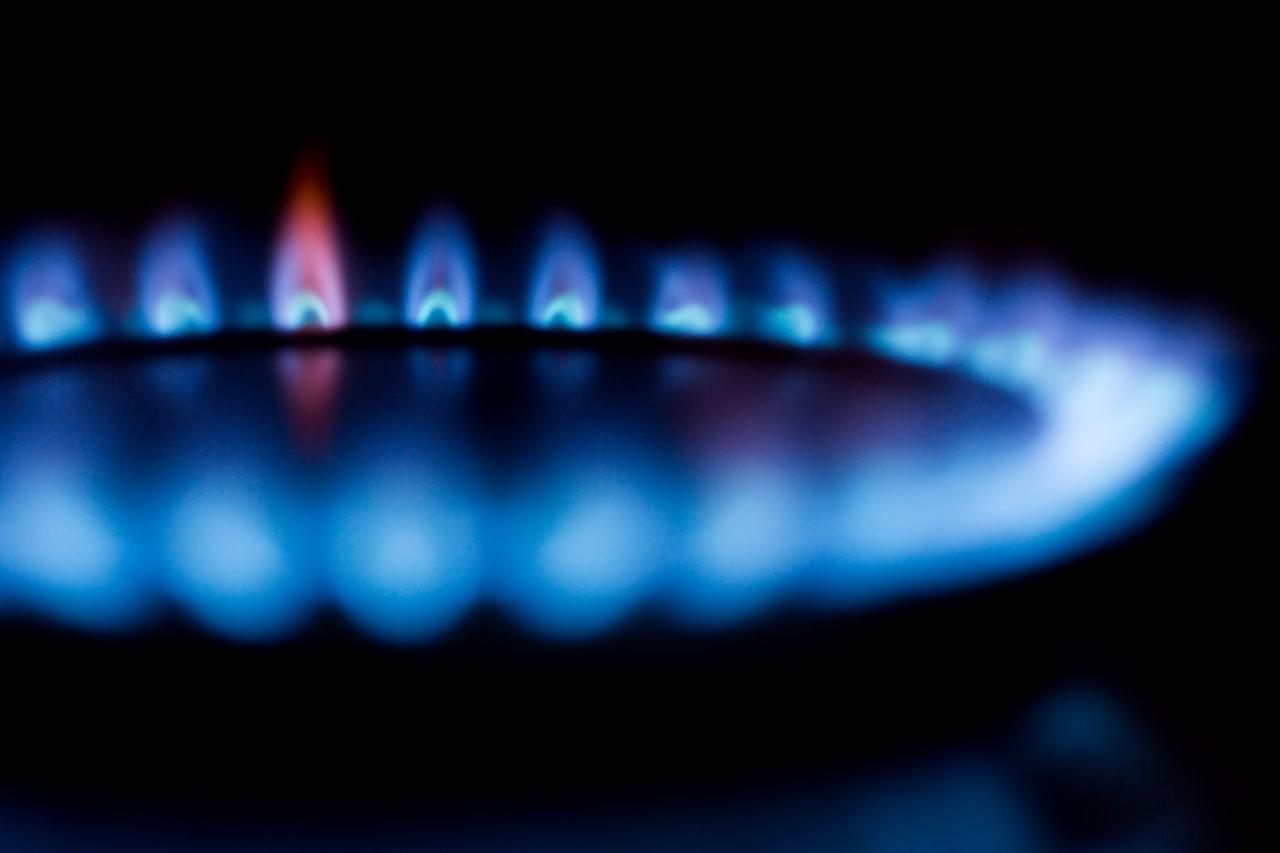Across the country of Nairobi, citizens are utilizing the services of what appears to be a large blue ATM machine that actually dispenses eco-friendly cooking fuel instead of cash. The big blue ethanol stations provide citizens access to affordable and eco-friendly cooking oil that is commonly used with a negative impact on climate change.
This alternative eco-friendly ethanol is a safer alternative to using traditional materials like wood or kerosene according to the head of fuel operations of the Koko Company, Michael Wakoli. He goes on to explain the refinement process of creating the eco-friendly fuel that is made of waste products used to produce molasses and sugar.
The alternative form of fuel will also help meet new climatic requirements resulting from the current climate conditions through the human impact of destroying portions of forest coverage. Ethanol produced from agricultural waste is a green alternative compared to charcoal that is produced through cutting down trees.
According to the United Nations Environmental Program, sugarcane bioethanol can help reduce emissions by 40% to 62% compared to petroleum-derived fuels. Koko has approximately 200,000 customers offering an affordable alternative to a commonly used product as 1 liter of kerosene in Nairobi costs 111 Kenyan Shilling or KES compared to Koko’s fuel costing a total of 78 KES for 1 liter.
Koko also offers a unique service as customers can choose a custom amount of fuel as most distributors sell in certain increments that some citizens are unable to afford. This model helps customers gain access to affordable fuel while preventing waste if they don’t use all the material.
Kenya supports ethanol producers like Koko who use sugarcane processing waste an exemption from its 16% value-added tax (VAT) with the goal of encouraging growth ethanol production along with the sugar industry that is a common crop in Kenya. Koko is planning to expand to more towns throughout Kenya with 10 locations in the near future with a massive potential market.
Approximately 900 million people don’t have access to clean cooking fuel according to the United Nations. The World Health Organization(WHO) warns limited access to clean cooking fuel is contributing to air pollution which is why bioethanol is a viable alternative that prevents further pollution.

